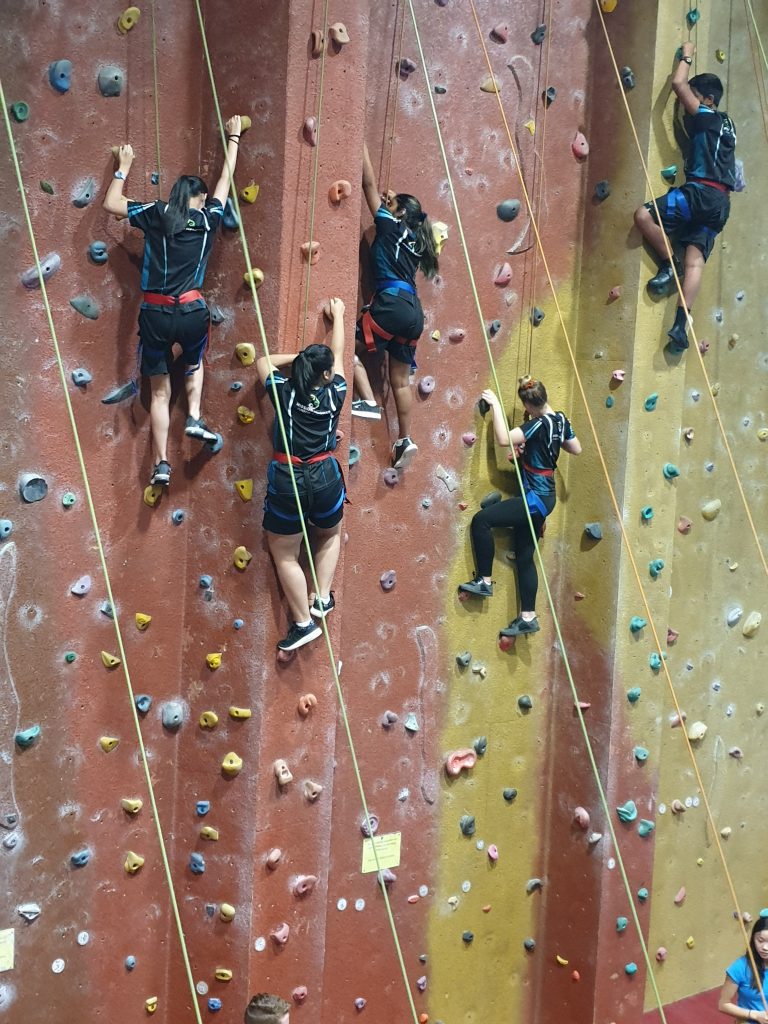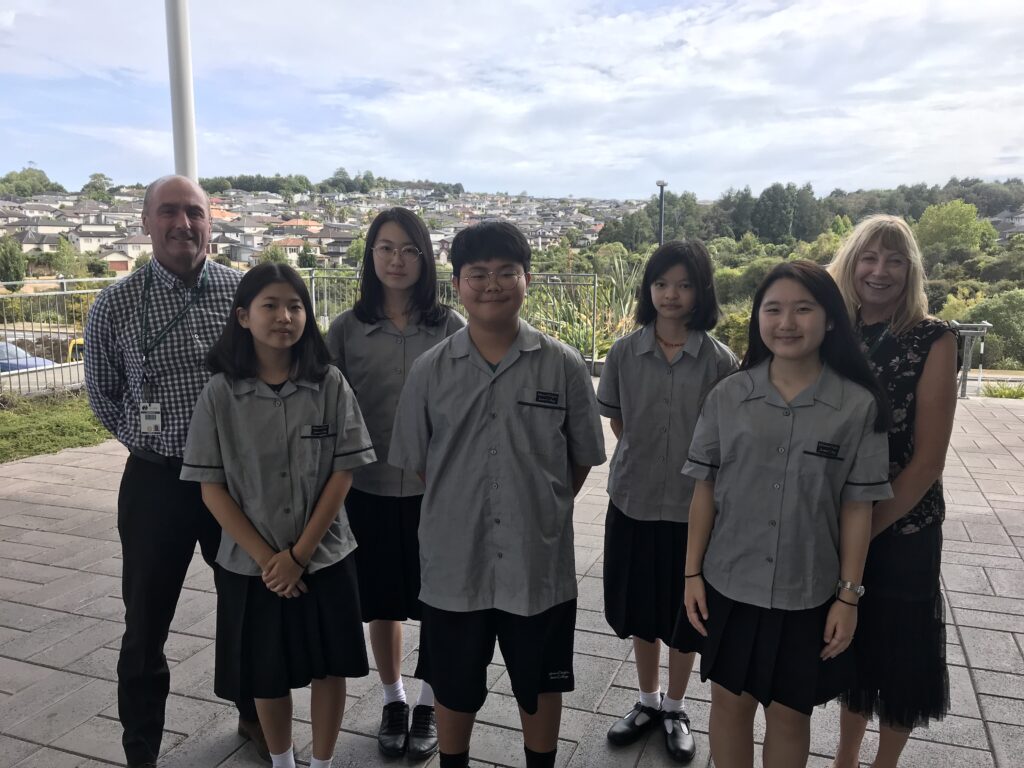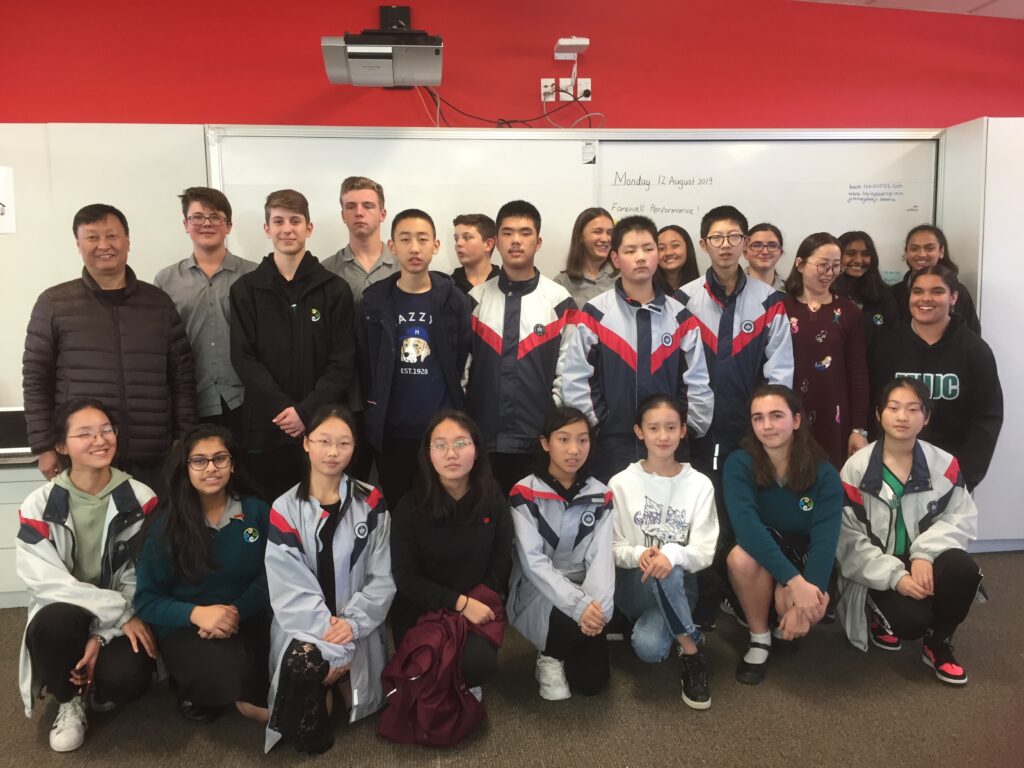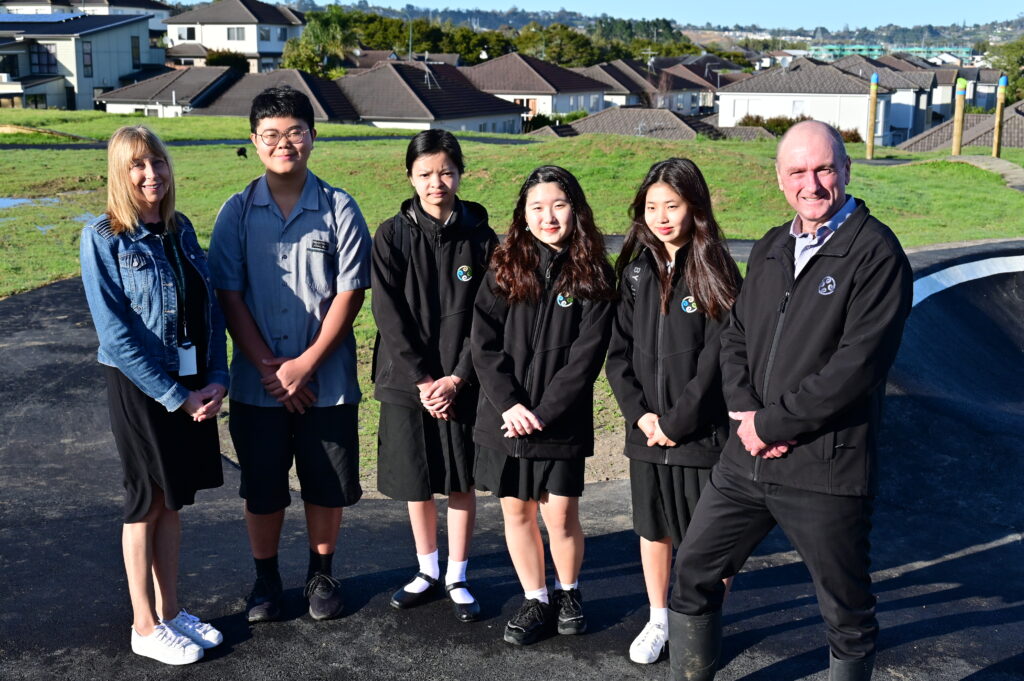As schools go into a well-deserved term break, parents will probably be wondering what to do with their children. A lot of us will not be able to travel overseas, given the warnings from PM Arden regarding COVID quarantine measures. We are expecting many of our students to stay at home and keep themselves occupied.
Social media in particular is popular amongst our students during the holidays. One of them in particular is Tik Tok. In this blog, we explain how Tik Tok works and the dangers that entails from using it.
Tik Tok is a free social media platform for creating and watching short videos and sharing them with friends and strangers. Users can embed music and filters, special effects and animation. Most of the videos have to deal with talent, short comedy skits and challenges but there have been some videos of a questionable nature uploaded.
Some concerns have already been raised over the use of Tik Tok over this by schools. One concern is privacy. While Tik Tok’s terms of use state the minimum age to join as 13, Tok Tok has been fined US$5.7m in 2019 over the harvesting of private information from such users.
Added to this issue of privacy is the well documented issue of online predators targeting young children. In a report by the BBC, many sexually explicit comments were found on videos posted by children. Tik Tok has not been responsive enough in removing these comments from the relevant videos and this is deeply concerning.
We have noticed also in MHJC that there is a growing tendency by students to use social media such as Tik Tok to post degrading and offensive content. Event if they are not the people posting, they can view such content posted by other people. I had several cases of challenge fads where students are encouraged to do dangerous tasks, to name an example.
In MHJC, we ensure our students are well educated about the dangers of social media. The MHJC ePassport is a series of activities designed to help students use the Internet safely and competently. Above all, students have to show evidence and their competency in developing robust and positive relationships online, whether it be on social media such as Tik Tok or other websites.
We empower our teachers through tools such as Classwize in keeping the class focused on the task at hand. Teachers can actively monitor their students’ internet usage in class and focus on encouraging good internet citizenship as well as correcting bad behaviour in class.
Our teachers also engage with parents on a regular basis reinforcing responsible use of devices and internet use at home. We recognise the importance of our parents and the role you play in your child’s cybersafety and the school will continue to support the tripartite relationship of school – parent – child in growing greatness in our MHJC graduates.





